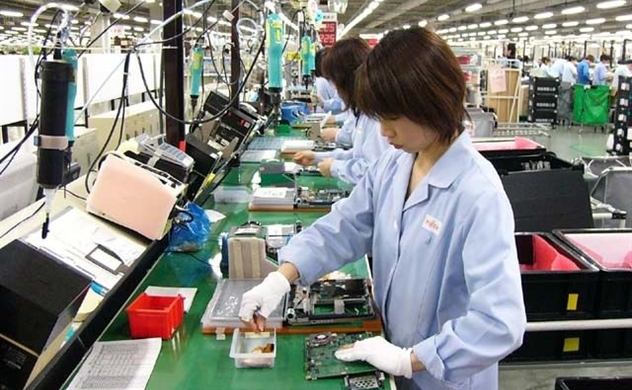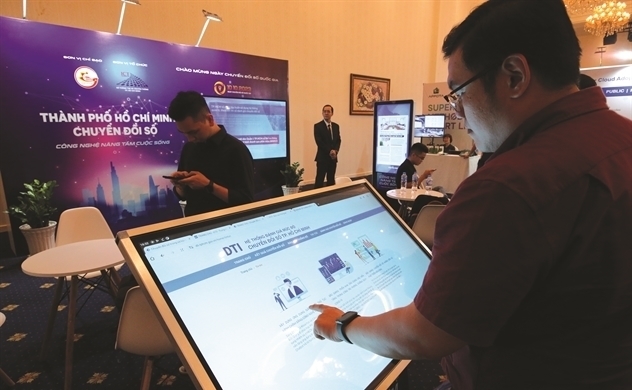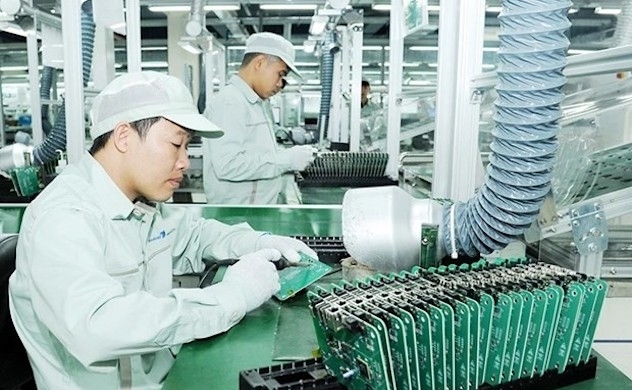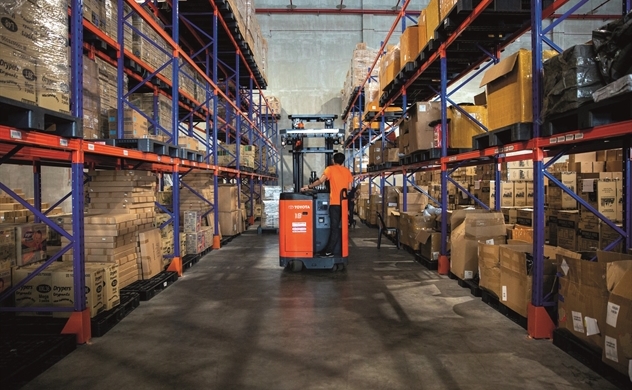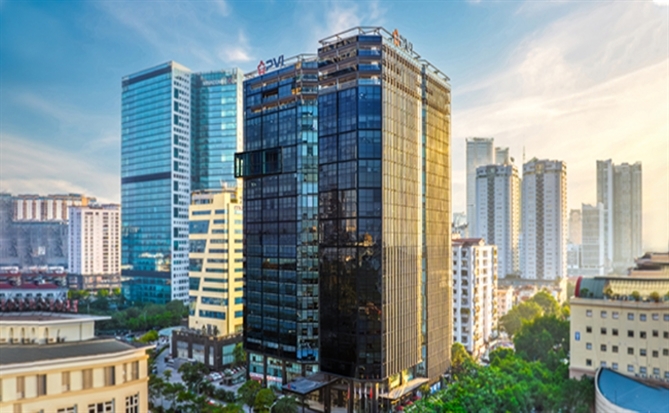Baemin narrows operations amid intense market competition in Vietnam
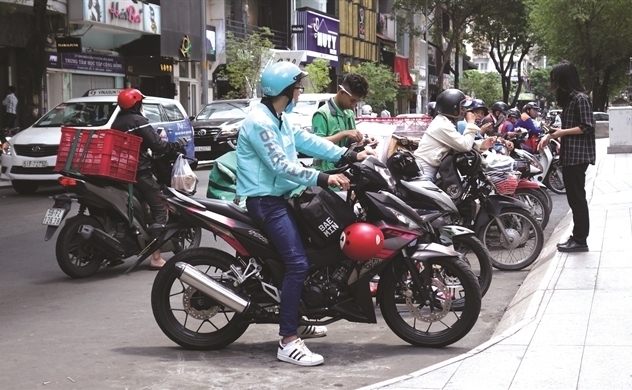
Baemin ranks 3rd in the Vietnamese food delivery market. Photo: Quy Hoa.
At the end of September 2023, food delivery application Baemin announced the change of CEO and confirmed the narrowing of operations in the Vietnam market.
This decision is not too difficult for Baemin to understand as the food delivery market has seen a decline in demand since the epidemic broke out.
According to iPOS data, a provider of hardware and software in the F&B business, offering investors, when compared to the time before the epidemic (2019), the average number of orders today (2023) is on par, but the average value of each order is somewhat lower.
Revenue from the online food delivery market in 2023 is expected to drop by 15–17% (averaged by store) compared to 2022 if considered in the first 8 months of the year.
“Baemin has made a name for itself by connecting with the public through creative and unique marketing campaigns over the years. But that alone is not enough," said Dr. Hoang Ai Phuong, Senior Head of Digital Marketing Department, Faculty of Business, RMIT Vietnam.
Baemin entered the Vietnamese market slower than Grab, ShopeeFood..., and only focused on food delivery, so it is at a disadvantage compared to competitors when this segment declines. More noteworthy is that Baemin's journey in Vietnam shows that following an existing playbook does not necessarily lead to success in a rapidly changing digital world.
“Baemin's rollercoaster journey in Vietnam, with its epic peaks and difficult times, offers invaluable lessons for strategists in today's digital space,” Dr. Phuong speaks.
As the Investor analyzed previously, Baemin's shortfall comes from the fact that capital flows into technology companies have no longer been abundant since COVID-19 broke out, forcing companies to switch from "burning cash to change growth". ” to “growth without burning money”.
Second, even the main market of the parent company, Baemin, Korea, is also facing similar difficulties in the context of scarce capital flows, so it is necessary to let go of secondary markets to focus on the main market. It's just a matter of time.
According to Momentum Works' 2022 report, Baemin ranked third in the Vietnamese food delivery market with 12% market share, but was far behind Grab (45%) and ShopeeFood (41%). It is a miracle that units ranked behind even Baemin can exist in Vietnam in the current context.
T
According to iPOS's survey in the first six months of 2023, large-seat businesses are most affected by filling space. 63.6% of large F&B stores (150 seats or more) recorded a decrease in revenue compared to the same period last year. Similar to 33.6% of medium F&B stores (from 50 to 150 seats) and 38.8% of small stores (under 50 seats).
Mr. Vu Thanh Hung, CEO of iPOS, said that in the first year after the epidemic, F&B stores received a boom in demand for on-site dining after a long period of isolation. After that, things gradually returned to normal. The economic recession also clearly reduced people's purchasing power. The occupancy rate of large restaurant models is even more difficult.
“According to our survey with some customers, the occupancy rate of a store/session is currently only 35-45% on weekdays. Small and medium-sized stores with reasonable prices have not changed too much compared to the same period last year," Mr. Hung said.
This illustrates that meal delivery companies still help F&B retailers maximize revenues. Due to recent quick expansion, apps have taught consumers to look for bargains instead of convenience.
In an economic downturn, food delivery platform discount fees of 25-30%/order make business owners wary. Shop owners must spend more on promotion to maintain constant orders, hence the typical application discount is 30-37%/order. Businesses utilizing too much financial leverage to expand recently offer high discounts. For investment profits, they must preserve it.
However, according to Mr. Hung of iPOS, despite the high discount rate, selling through food delivery applications still brings a certain efficiency. Because this is a quite effective form of branding while the store can push inventory and have a stable cash flow to pay for fixed costs.
Sharing the same opinion, Mr. Nguyen Minh The, CEO of Guta, a coffee chain with more than 100 branches mainly in Ho Chi Minh City, said that despite having its own ordering application, the Company still cooperates with delivery applications. products to optimize revenue. "Each point of sale has a fixed cost structure and the most popular time of day, so the Company accepts thin profit margins during off-peak hours, but we do not participate in the promotion race," Mr. The said.
However, the current market needs a "middle door" system, which still connects F&B store owners with users, but the delivery is given to a party specializing in delivery services to reduce costs. This separates product and service costs, helping users understand that besides the price of food, they need to pay additional delivery fees and to reduce this cost, they can book with a large group of people.
Since 2021, iPOS has launched a free online ordering web service (iPOS WebOrder) for customer businesses. Through this, the dishes on the website will synchronize with the store management system, connecting with online payment parties (MoMo) and online delivery units (Ahamove, GrabExpress) to increase convenience.
“Many business owners are limited in technology investment costs and maintenance personnel. That's why we put this service into operation," Mr. Hung said.
Same category news
-
Huyền Hoàng

 TIẾNG VIỆT
TIẾNG VIỆT _1120686.png)

